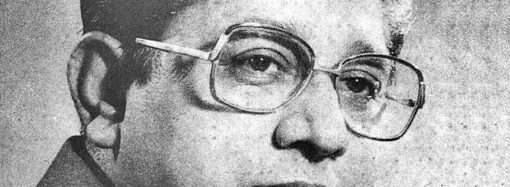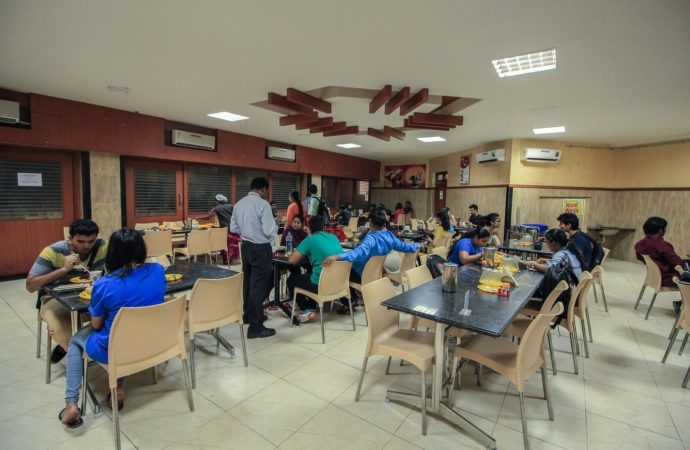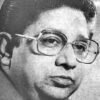Digital revolution in Indian education sector started with legacy private institutions like the Birla Institute of Technology and Manipal Institute of Technology digitalising their teaching-learning mechanisms.
Digital revolution in Indian education sector started with legacy private institutions like the Birla Institute of Technology and Manipal Institute of Technology digitalising their teaching-learning mechanisms. From providing computer labs to fully computerised libraries, the private institutes then gradually encouraged digital practices. As laptops became indispensable part of curriculum among the students studying business management courses, other techniques such as virtual classrooms, online libraries, interactive online platforms etc also became popular in institutes providing science and technology related education. According to MHRD, 2769 MOOCs (Massive Open Online Courses) have been offered on SWAYAM in which about 1.02 crore students have enrolled in various courses of private institutions till date.
In addition to this, there are about 225 such labs operational virtual labs in private institutions, with more than 1800 experiments benefiting more than 15 lakh students. Prof. Anil D. Sahasrabudhe, Chairman, AICTE adds, “Almost 30 lakh students are registered on the portal. The number in itself is evident of its success and our vision is to make it 3 crores. So from that perspective, we still have to do a lot. As far as hackathons are concerned, there is a quantum leap in their popularity. Out of 8,00,000 students, approximately 2,00,000 students came up with unique solutions in hackathons conducted by AICTE in collaboration with MHRD where practical capabilities of students are tested.”
Rise of Virtual Classrooms
After taking charge of Manipal Educational Group, following the death of the legendary Dr. T.M.A. Pai (1889-1979), Dr. Ramdas Pai, Chancellor of the Manipal Academy of Higher Education (MAHE) pioneered the concept of self-financed, privately promoted institutions of professional education in India. He individually steered the growth and development of Manipal University (formerly MAHE) and transformed it into India’s largest private provider of internationally acceptable medical, engineering and professional (nursing, pharmacy, business management, communications etc) degrees. The usage of ePad(electronic writing pad) introduced by MAHE in 2015 was one of the key initiatives towards digitalization of their teaching-learning techniques. The monitoring and identification is done using finger-print camera and scanner during the exam. The automated secure upload of encrypted digital answer booklets to ‘epCloud’ is done after completion of exams in this.
The automatic recording and distribution of classroom lectures was another revolutionary step towards digitalisation in this institute. The procurement of research software applications such as Pure (a Research Intelligence Solution) and Sci Val (offering easy access to research performance of more than 11,000 research institutions from 230 nations) was another milestone in this direction. Founder, Chancellor, Dr. Ramdas Pai adds, “The access to recorded lectures and other study material through Lecture Capture Solution provides students the ability to virtually re-live their classroom experience on anytime anywhere basis. It also assists the teacher in self- improvement. Students can learn at their own pace, in a manner that suits their style of learning. The courses provide one with lively and interactive, multi-sensory learning, combining the simplicity of classroom teaching with a powerful visual medium that captures one’s imagination,”
Virtual Interactive Online Platforms
VIT has risen from humble origins to reach its current status. It was founded as Vellore Engineering College (VEC) in 1984 at Vellore by Dr. G. Viswanathan, who is currently the Chancellor of VIT. In less than 20 years, in 2001, VEC was conferred the status of a deemed university for recognition of its excellence in academics. Right from the inception of the institution, Dr. Viswanathan envisioned that this institution would offer tech–oriented education to students, who would in turn create an ineffaceable impact on the society. In 2001, when the institution attained the university status, it brought in greater freedom and more responsibility among its administrators. This was the time when information technology was making deep inroads into our lives. VIT harnessed the power of information technology to a large extent to enhance its academic processes.
They wanted to break away from rigidity and offer freedom to students in choice of courses to help them in customizing their education. As a result, VIT introduced the Fully Flexible Credit System (FFCS), which empowered the students to choose their subjects, time slots and faculty members. This system was well received by the students. Today, the entire process is online, with no human intervention. Chancellor, Dr. G. Viswanathan professes, “The institution has created an information rich, interactive online platform, VTOP, as a one- stop solution to all the academic needs of the students and faculty members. We have also initiated a digital examination and evaluation system to make the process more transparent. Further, we have established VITOL (VIT Institute of Online Learning) to facilitate the development of online courses. A world-class virtual studio facility has been created for preparing Massive Open Online Course (MOOC) in Vellore campus.”
Popularity of Massive Open Online Courses (MOOCs)
In his early years, Dr T.R. Paarivendhar, the Founder-Chancellor of SRM Institute of Science and Technology fought heavy odds during his transition from a graduate to a professional engineer. He had a passion for education and believed firmly in empowering the socially and economically downtrodden youth by making educational facilities available and affordable through technology. Thus began the odyssey in 1969, with the opening of a high school in Chennai. He then forayed into technical education in 1984, and gave emphasis on imparting students through technology aided teaching-learning techniques. This resulted in flourishing of numerous institutions which have now been conglomerated into SRM Institute of Science and Technology that offers programmes in all most all major disciplines of study.
SRMIST is upgrading its systems and processes to keep abreast of the technical advancements happening all around. Students are also encouraged to take up MOOCs, Students Abroad Programme and Entrepreneurship as their final year project. Using lots of online tools, software etc. they are supported to take up specialized training and skilling courses to keep themselves updated. Dr T.R. Paarivendhar concludes, “There are extensive provisions for online learning platforms with inbuilt capability of delivering four quadrant content. These have a greater impact on learning outcomes through flipped classroom pedagogy utilising student’s screen time for effective and efficient learning by involving students in the entire delivery process. Course files have been digitalised and learning management systems are used. Students take up online courses from SWAYAM/NPTEL platforms in lieu of conventional class room courses. Faculty members have also developed more than 500 digital course modules and a few of them are hosted in SWAYAM platform. Availability of online resources enhances the learning process and creates a sense of learning, ownership and responsibility in them.”


















Leave a Comment
Your email address will not be published. Required fields are marked with *